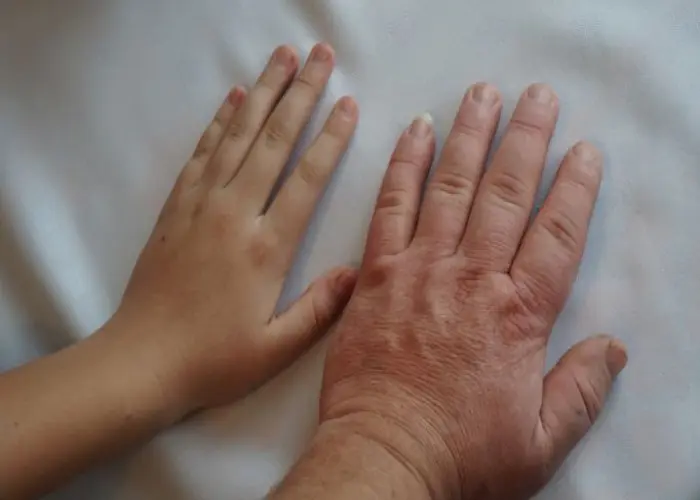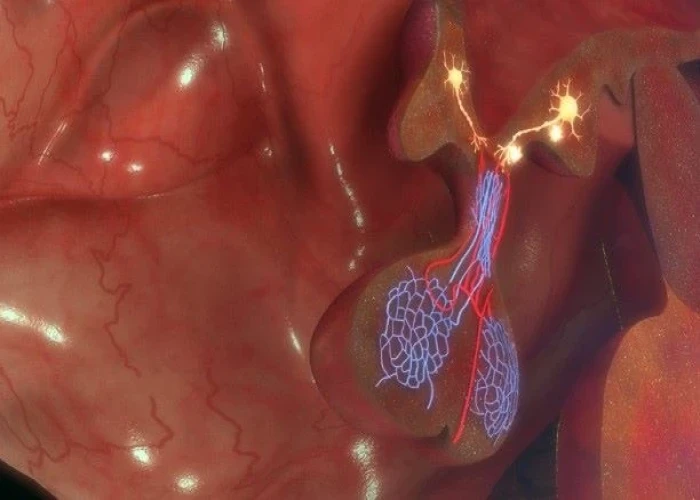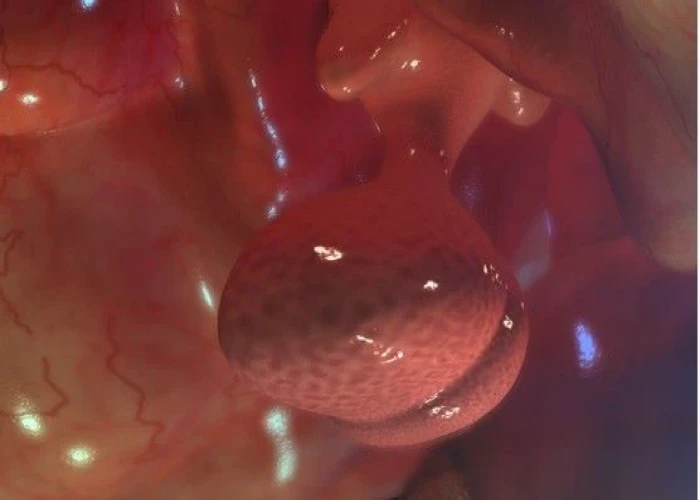 Welcome
Welcome
“May all be happy, may all be healed, may all be at peace and may no one ever suffer."
Pituitary gland - Diseases
The pituitary gland, also known as the hypophysis, is a small, pea-sized gland located at the base of the brain in a bony cavity called the sella turcica. It is often referred to as the "master gland" because it controls the activity of several other endocrine glands in the body.
The pituitary gland is divided into two parts: the anterior pituitary and the posterior pituitary. The anterior pituitary produces and secretes several hormones that regulate the activity of other endocrine glands, such as the thyroid gland, adrenal glands, and gonads. Some of the hormones produced by the anterior pituitary include growth hormone, prolactin, thyroid-stimulating hormone, adrenocorticotropic hormone, follicle-stimulating hormone, and luteinizing hormone.
The posterior pituitary gland does not produce hormones but rather stores and releases two hormones that are produced by the hypothalamus: oxytocin and vasopressin (also known as antidiuretic hormone). Oxytocin plays a role in social bonding, sexual reproduction, and childbirth, while vasopressin regulates the body's water balance by controlling the amount of water excreted in urine.
The pituitary gland plays a crucial role in regulating various bodily functions, such as growth, metabolism, blood pressure, and reproduction. Disorders of the pituitary gland can result in hormonal imbalances and lead to a variety of medical conditions, such as acromegaly (excessive growth hormone secretion), Cushing's disease (excessive adrenocorticotropic hormone secretion), and diabetes insipidus (insufficient vasopressin secretion). Treatment for pituitary disorders depends on the specific condition and may involve medication, surgery, or radiation therapy.

Tooth

Liver
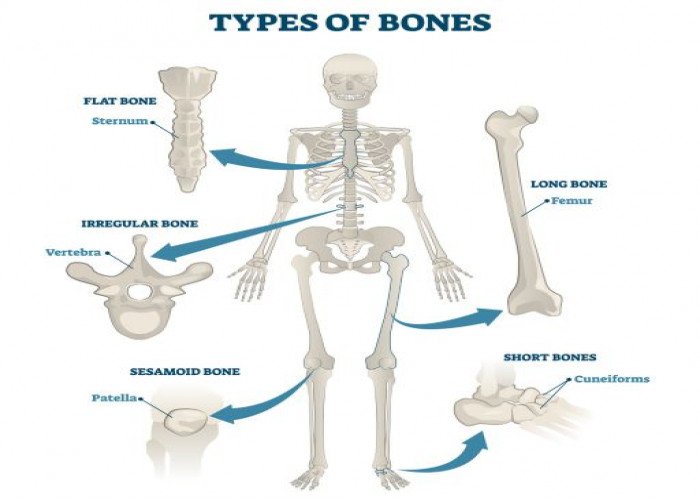
Bones
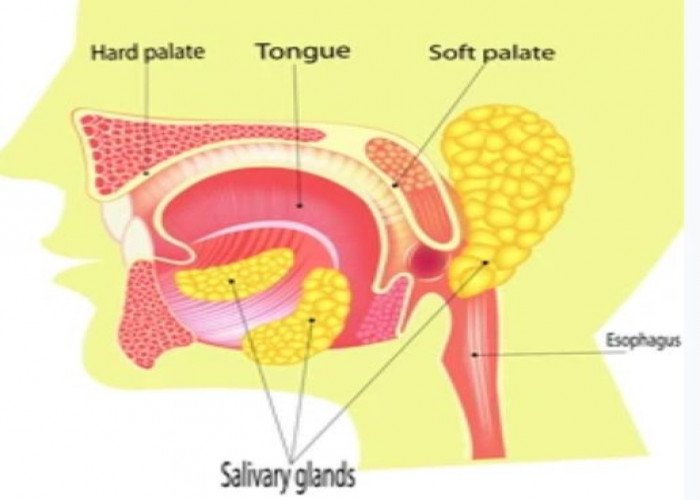
Salivary glands
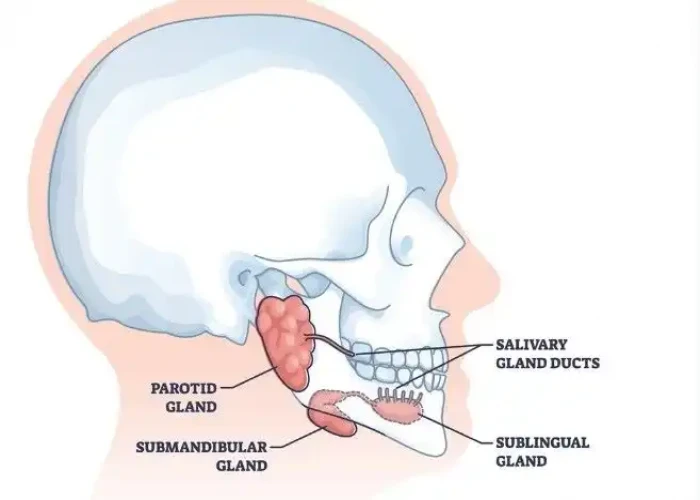
Parotid glands
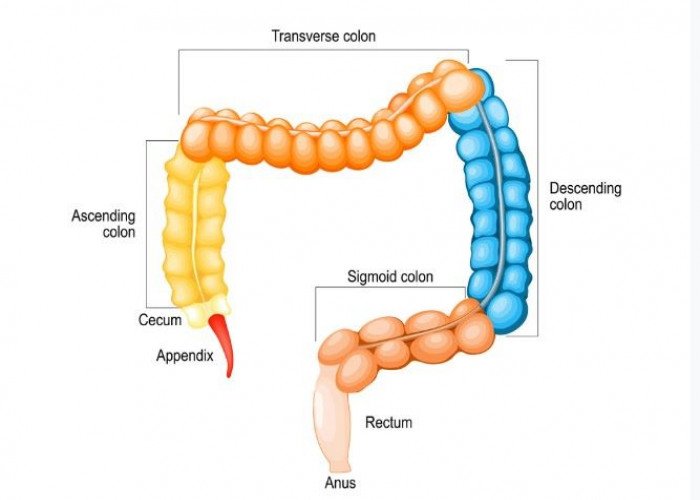
Sigmoid colon intestine
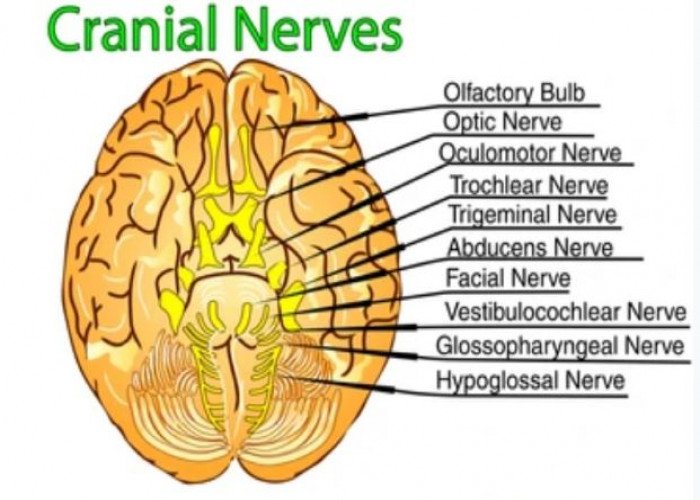
Cranial Nerves
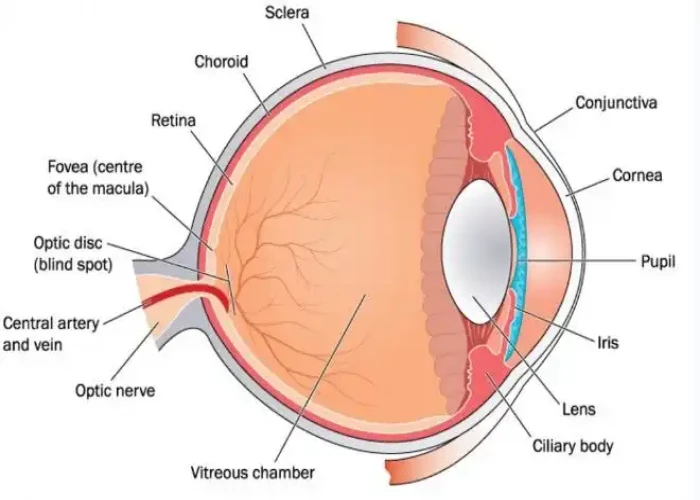
Ciliary body Eye
Pituitary gland, Pituitary gland function, পিটুইটারি গ্রন্থি
To be happy, beautiful, healthy, wealthy, hale and long-lived stay with DM3S.
